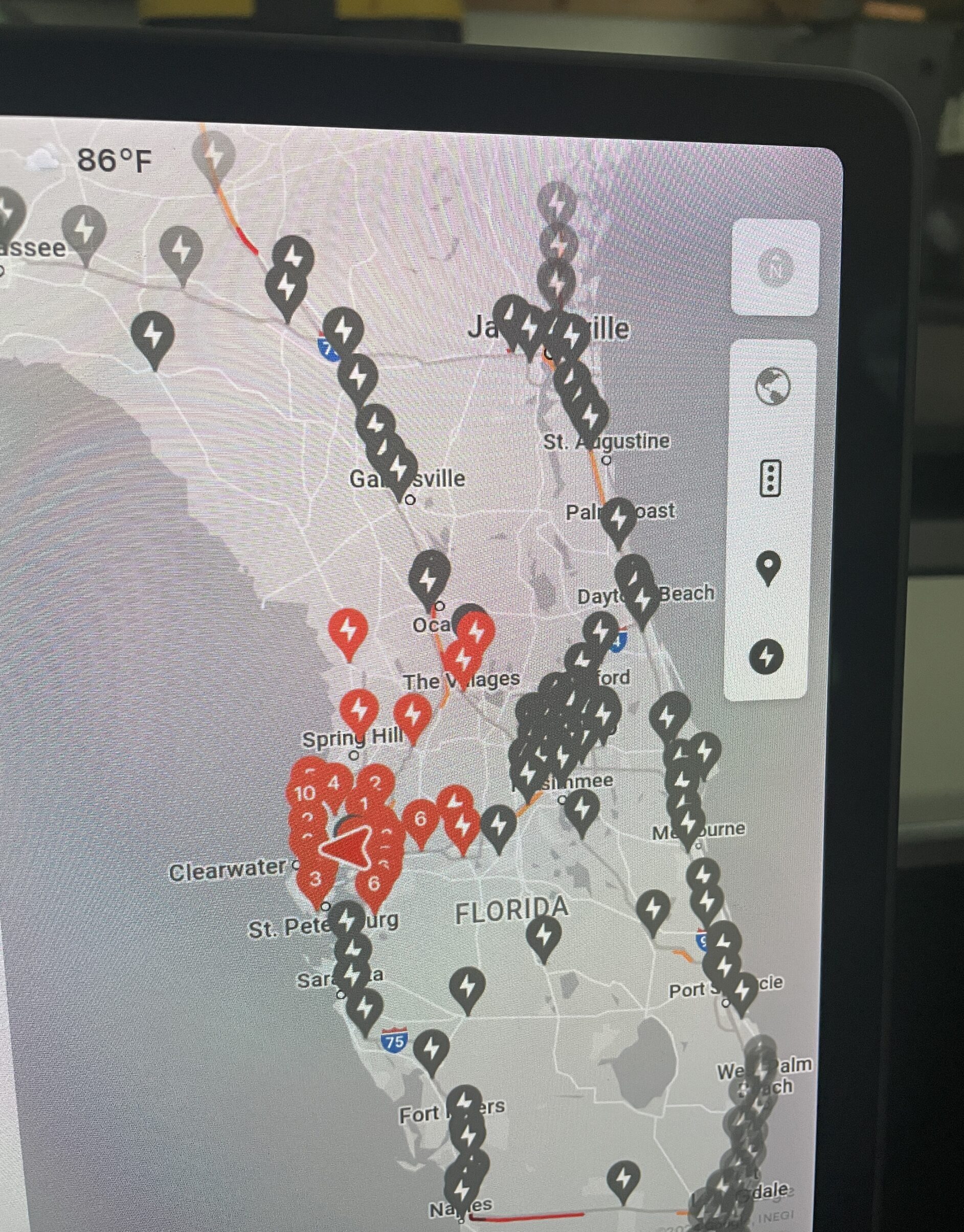The Zero Carbon Step Code and its natural gas ban will have dramatic impacts on housing affordability and the cost of living.

Pushed by activist campaigns and BC government plans, a number of BC communities have moved to curtail or ban the use of natural gas for heating (or cooking) in new homes and buildings. It’s a move facing opposition from some cultural communities, as well as those concerned about housing and energy affordability.
Some communities have already moved to adopt the BC government’s Zero Carbon Step Code, which (among other things) bans the use of natural gas in new homes.
But in May, a Vancouver committee rejected an all-out ban on all natural gas connections, including those for gas stoves.
The Vancouver debate included Councillor Lenny Zhou questioning the impact of a full natural gas ban on culturally diverse households. He noted many different cuisines require an open flame — listing North African, Brazilian, Mexican, South Asian, Korean, Thai, Chinese, and other Asian cuisines.
“For some communities, I think the tradition of using an open flame for cooking is really significant because, without the open flame, the taste is really different. The mastery of these flavours stems from the direct flame and the unique characteristics that natural gas stoves provide.
“I can only speak for the Chinese cuisine. The Chinese community has been using the open flame to cook their food for tens of thousands of years.”
Critics of gas stoves cite the production of nitrogen dioxide (NO2) by gas burners and raise health concerns such as asthma in children. But that’s questioned by a study that found “no evidence of an association between the use of gas as a cooking fuel and either asthma symptoms or asthma diagnosis.”
Supporters of natural gas cooking say those worried about NO2 can run the external vent fan while using the stove and keep a window open.
A couple of Vancouver restaurants have switched from gas to electric-induction heating for their cooking, but it presents its own challenges and is expensive.
Despite the debate on natural gas, while Vancouver is not subject to the Step Code, it is eying the adoption of initial requirements of the code and has its own zero-emissions plan to make all new buildings zero-emissions by 2030.
What is the Zero Carbon Step Code?
The Zero Carbon Step Code, as you might expect, changes the BC Building Code, starting with a new requirement for 20% better energy efficiency for most new buildings, and moving on to even lower emissions until all new buildings are zero carbon by 2030 and are net-zero energy-ready by 2032.
The Step Code sets five performance levels or “steps” that meet or exceed the base BC Building Code.
Step one means that the building meets all current energy standards of the building code. Step two requires the home to be 10% more energy-efficient than the base requirements, while step three is 20% more efficient and step four is 40% more efficient. Step five requires homes to reach net zero.
The provincial government points out that steps two through five are optional for municipal building requirements – for now.
By 2032, the BC Building Code will move toward the higher steps of the BC Energy Step Code as a minimum requirement.
A step in the wrong direction

The Zero Carbon Step Code is part of the province’s larger, overarching CleanBC Roadmap, which aims to reduce BC’s greenhouse gas emissions to 40% below the 2007 level by 2030.
The Business Council of BC has ripped the CleanBC Roadmap, saying the government’s own modelling shows “the average household in British Columbia will experience an $11,000 reduction in income” and that the roadmap will “take BC’s level of prosperity back to where it was in 2013.”
The Zero Carbon Step Code, as part of the larger roadmap, has its own challenges threatening to make both energy and housing costs more expensive.
Under the Zero Carbon Step Code, new houses would become more expensive. A modelling study for a standard new detached house estimated the cost to implement step three alone (out of five steps) would add $15,300 to the cost. That cost would rise to more than $24,000 at the step four level, and at step five, the additional cost of the code on a typical house soars to $48,220, primarily because of the much higher levels of insulation, advanced mechanical systems and ultra-high-performance windows.
“It would be much more than that on a large custom-built house: at least $70,000 to $110,000,” says Casey Edge, executive director of the Victoria Residential Builders Association.
86 municipalities in BC have started to move on the Step Code or have consulted the provincial government on it.
Infamously expensive West Vancouver and North Vancouver (city and district) already require step five of the Step Code, which means new homes must be net-zero.
Nanaimo, meanwhile, is the latest city to introduce a building bylaw to phase out natural gas as a primary method of heating in new homes. It would require that all new homes use electricity instead.
Nanaimo aims to adopt the Zero Carbon Step Code in 2024 — six years ahead of the province’s target of 2030. New homes in Nanaimo won’t be allowed to use natural gas as their key heat source as of July 1, 2024.
Nanaimo Councillor Janice Perrino opposed her council’s moves. “I’ve heard comments like ‘heat or eat’ and that to me is the major concern. . . . The cost for families will be considerably higher using electricity alone and [to] me, this bylaw is unfair.”
Despite these concerns, the vote went through five to three. The Canadian Energy Centre then weighed in with a campaign in opposition to the bylaw, sending more than 2,300 letters from concerned citizens to Nanaimo councillors.
Victoria has also adopted the Step Code. It means all new residential and commercial buildings in the city now must comply with initial parts of the Step Code, and new requirements will be added to building permit applications, starting November 1st.
The deadline for buildings of six storeys or fewer is July 1, 2024, while commercial buildings and anything over six storeys must meet the code by November 1, 2024. The council decision does not apply to existing homes using natural gas or to any retrofits and remodelling on those buildings.
Jason Wolfe, director of energy solutions at FortisBC, says such decisions cut off homes and businesses from access to low-carbon energy options, such as renewable natural gas and hydrogen in the future.
“It will also reduce affordability during a time when British Columbians are feeling the impacts of increased cost of living.”
Fortis hopes to supply all new residential customers with 100% renewable natural gas (RNG) before 2030, with a goal of moving the whole system to renewable natural gas by 2050. Fortis says it will have an ample supply of RNG, with the cost for new construction proposed to be at the same rate existing customers pay for conventional natural gas.
As Burnaby also joins Victoria as an early adopter, starting next January 1, Kelowna’s climate action and environment manager says solutions being adopted in other parts of the province may not be right for the BC Interior.
“Because Kelowna is situated in a different climate zone than the Lower Mainland and South Island, additional analysis is intended to determine the economic and technical feasibility, and industry readiness, of Zero Carbon Step Code and higher levels of Energy Step Code in an area with colder winters,” said Chris Ray.
Gas supplier FortisBC said a study looking at Kelowna found there is not enough electrical capacity to meet peak heating and cooling demands by 2028.
“Just to electrify the City of Kelowna would require a rate increase to all FortisBC customers of approximately 70 percent.”
Share This:




